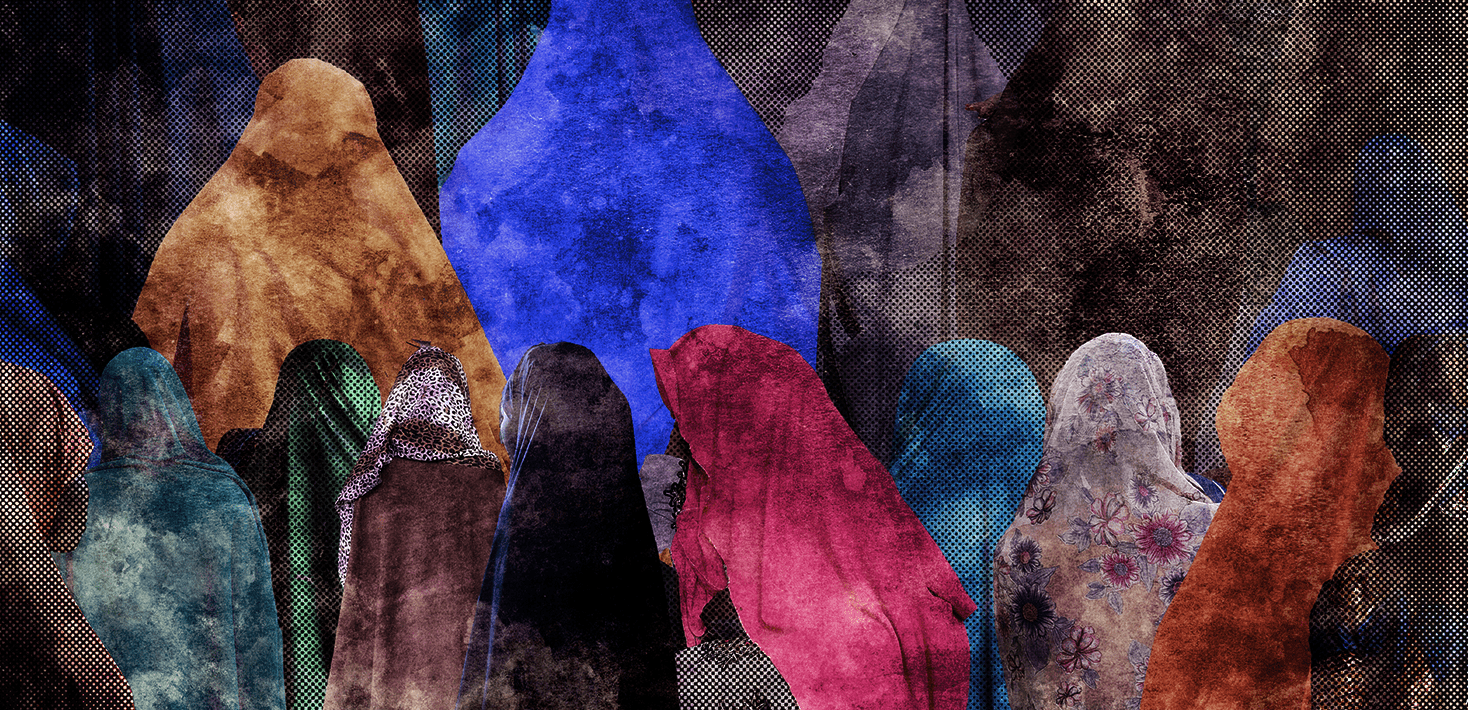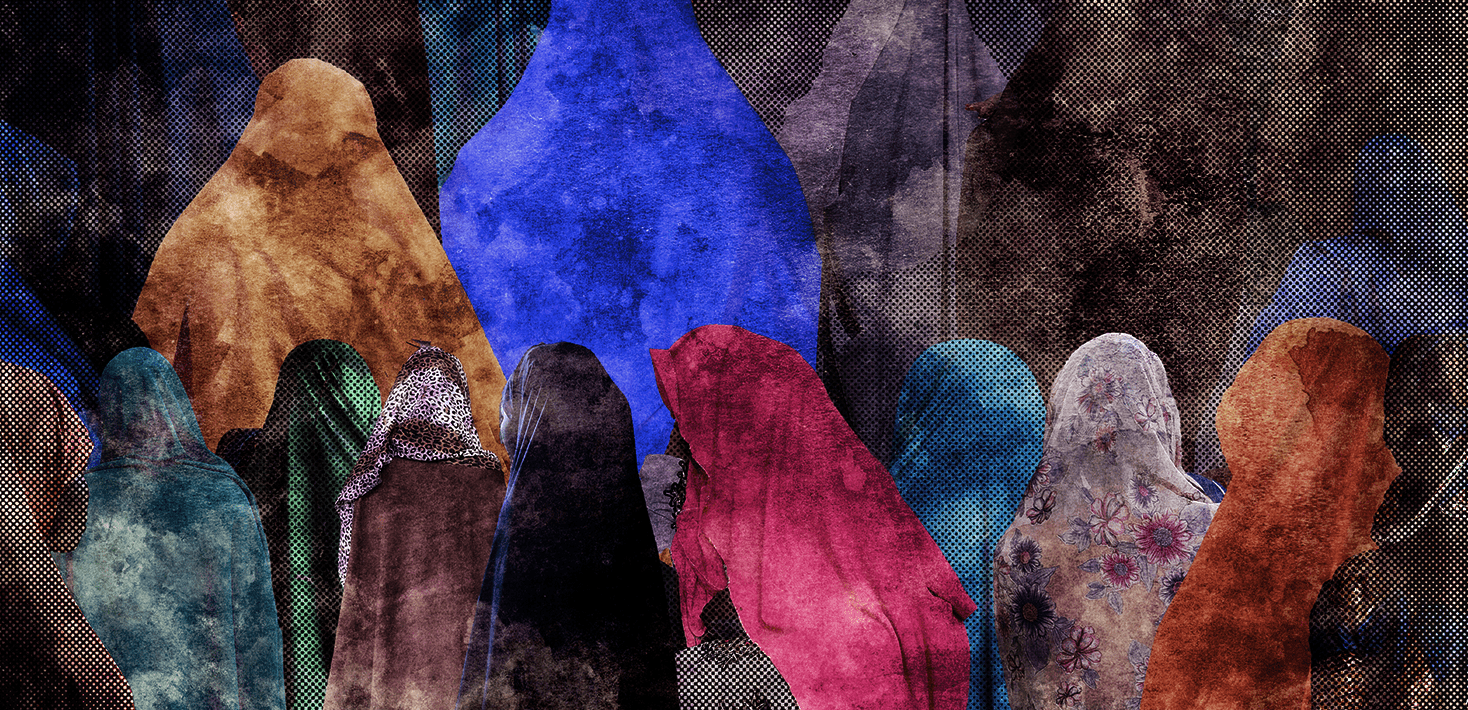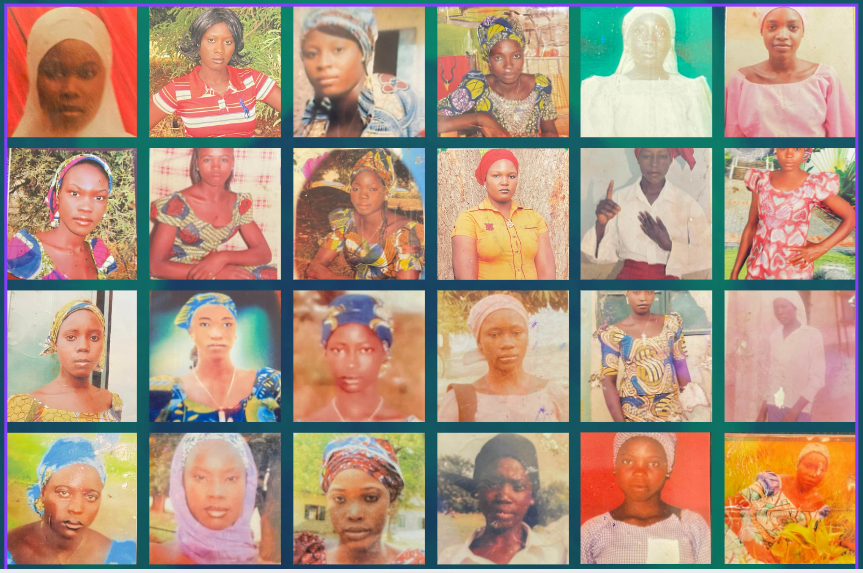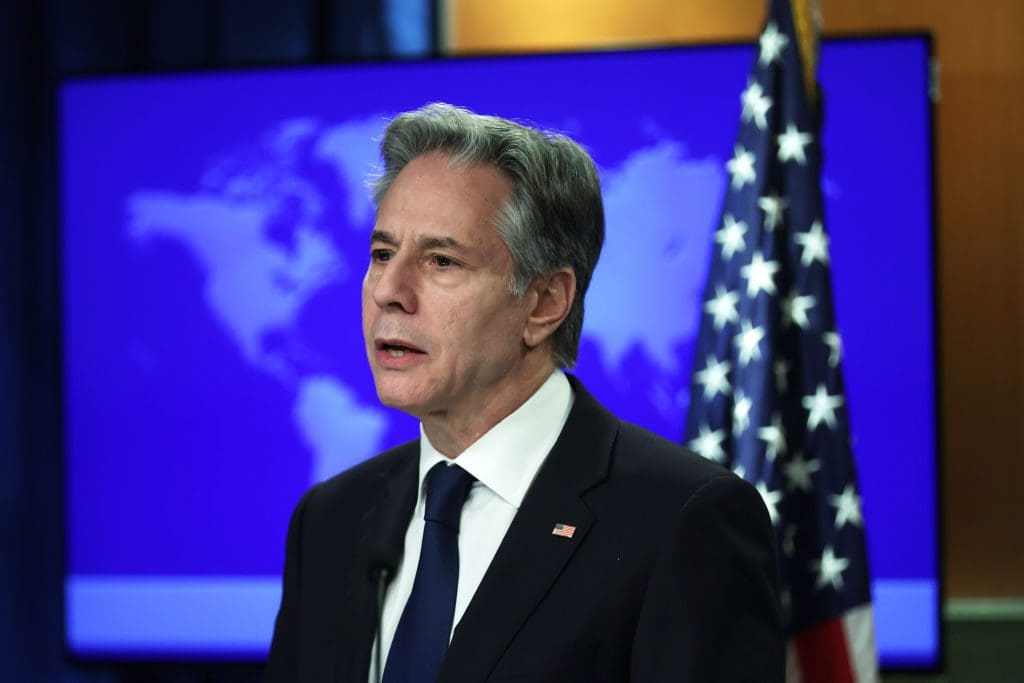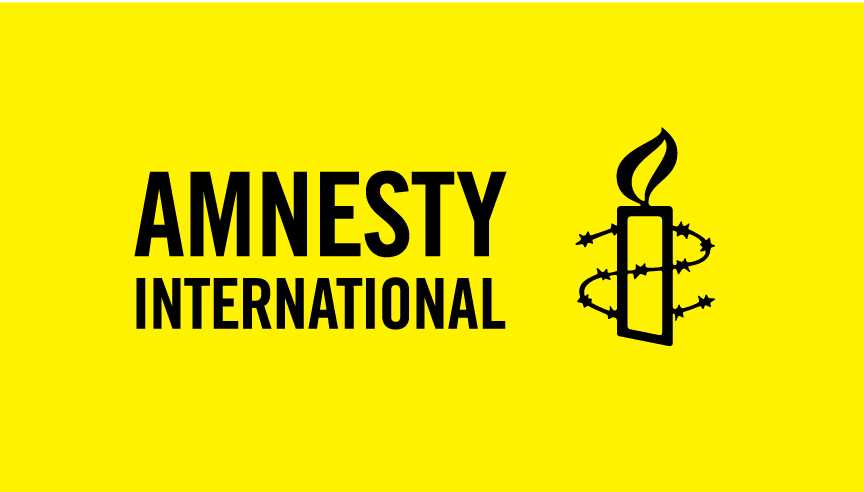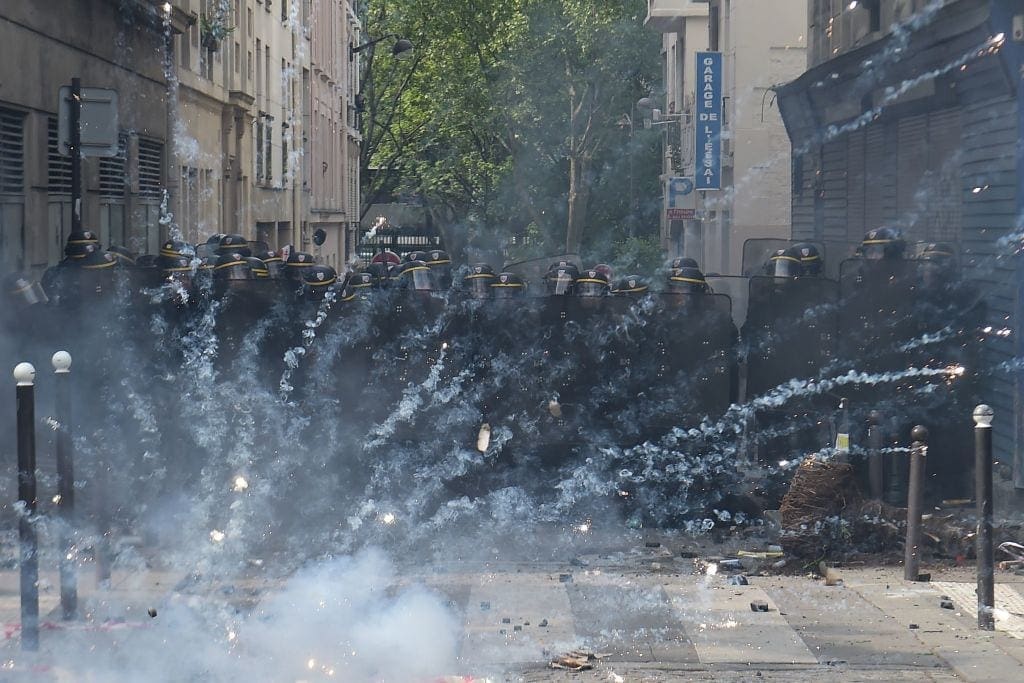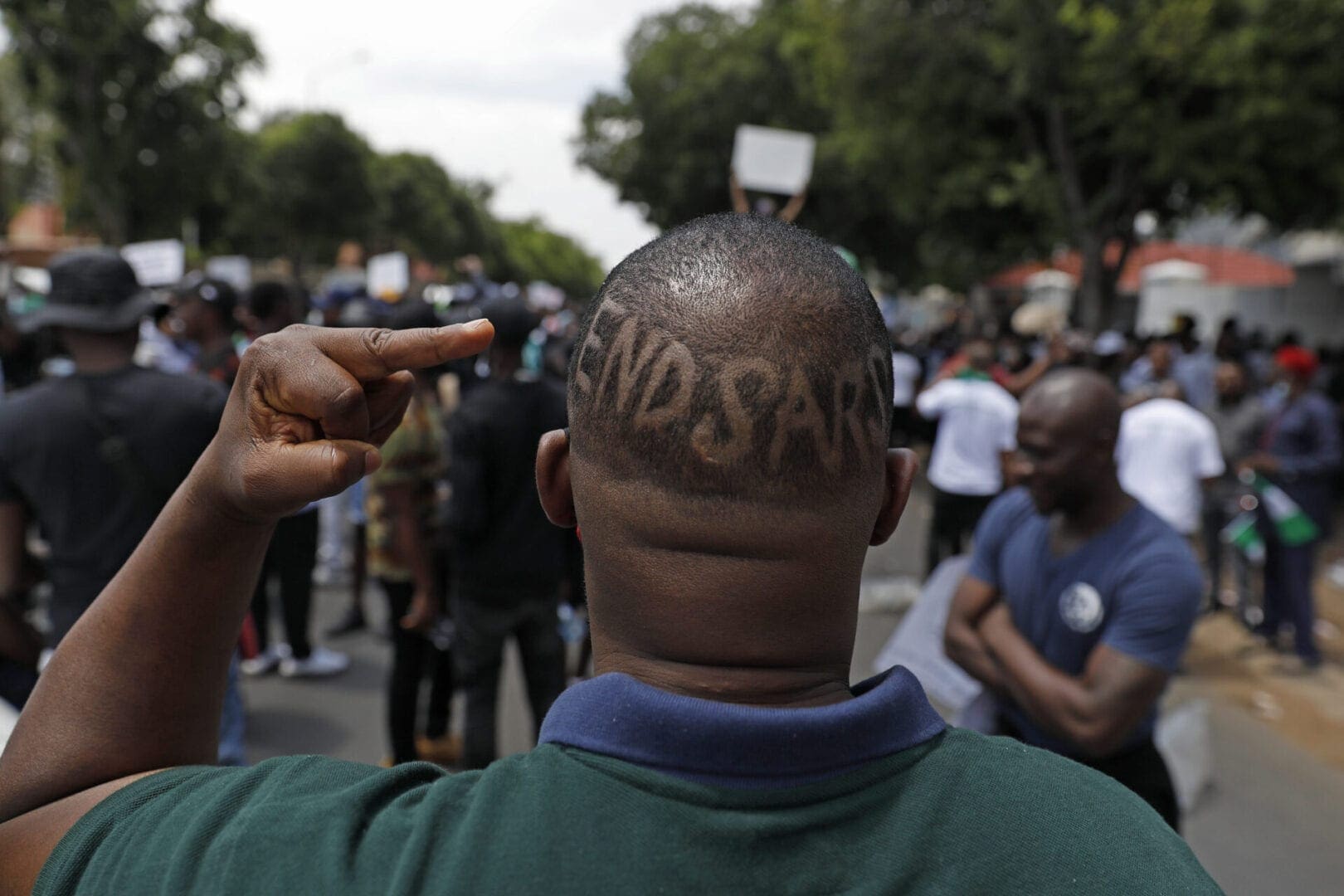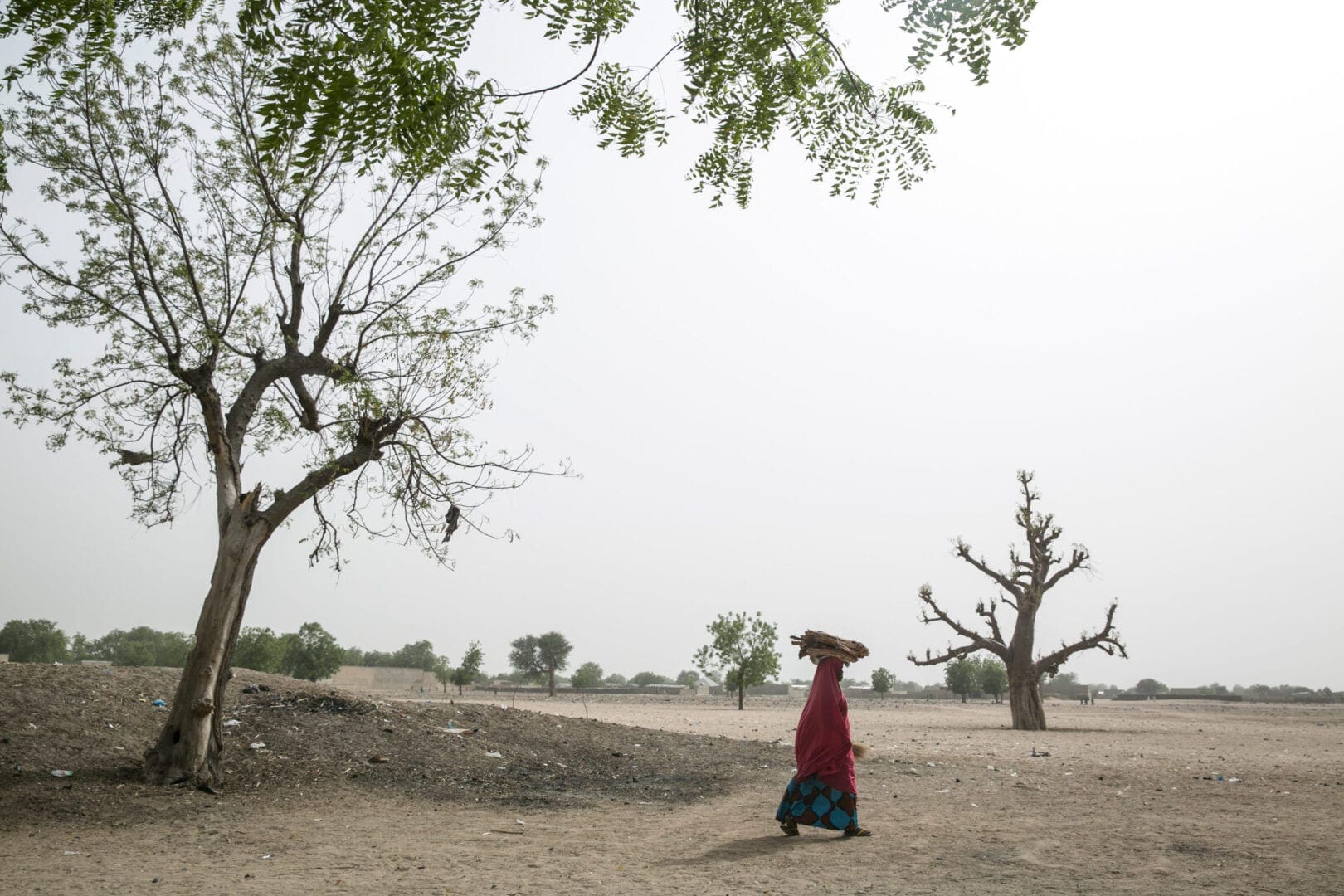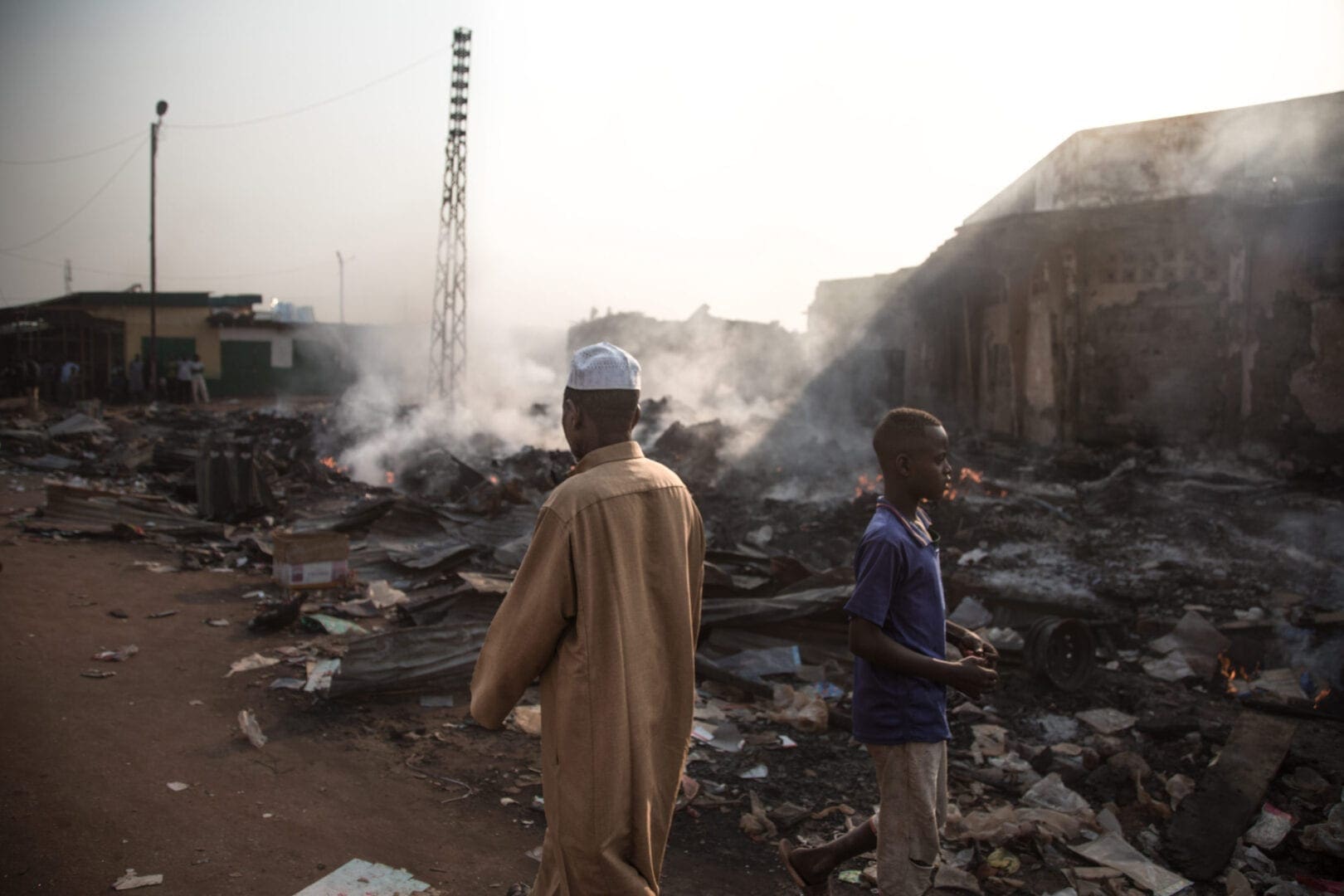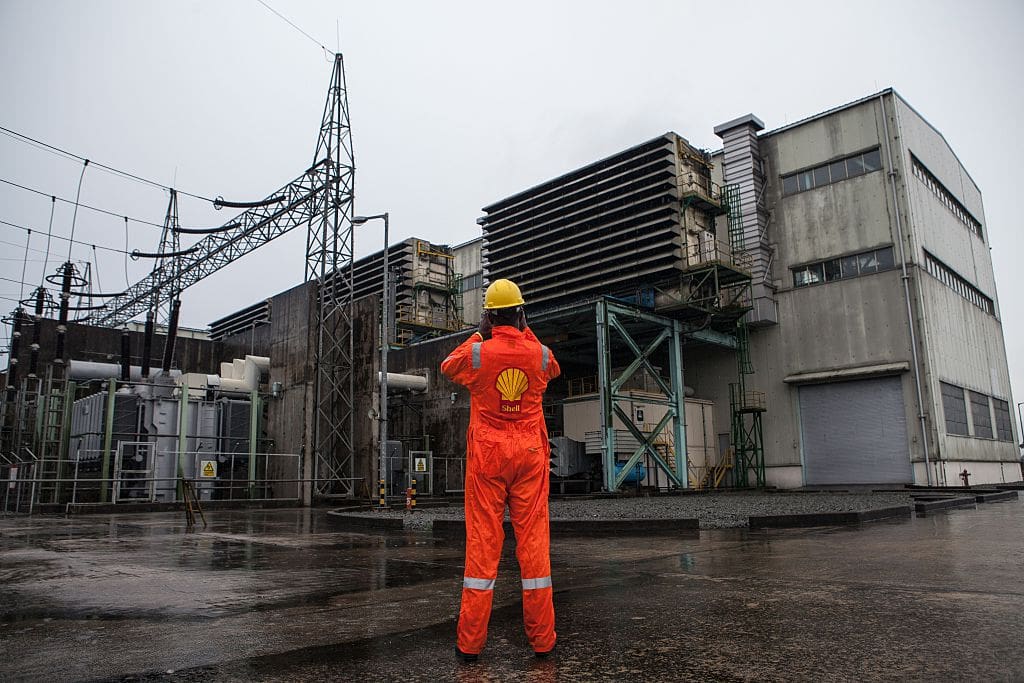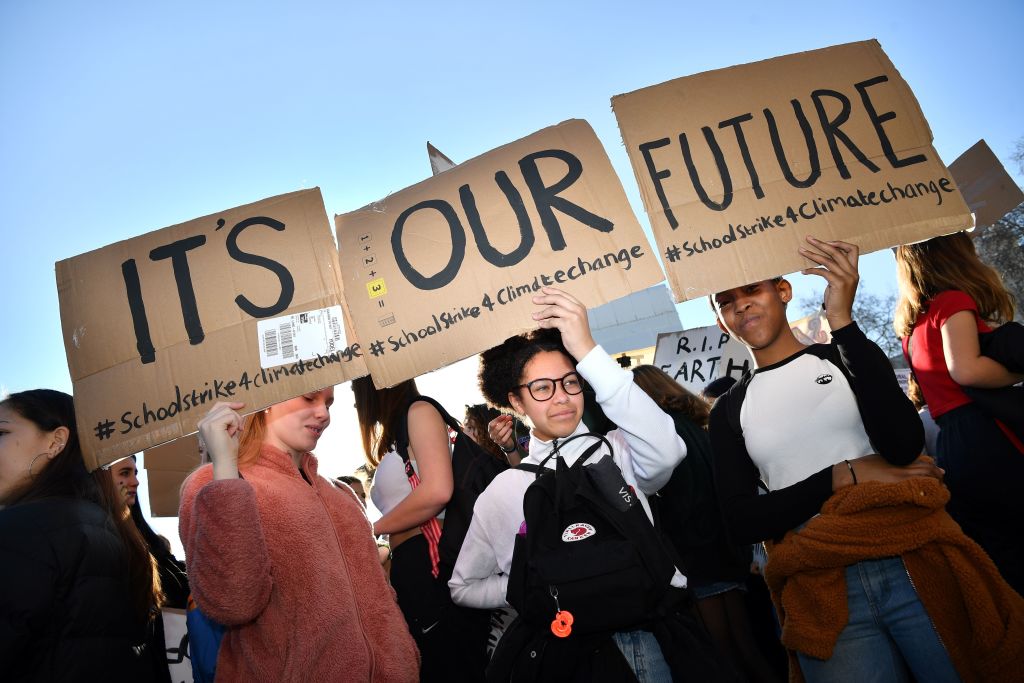The following information is based on the Amnesty International Report 2021/22. This report documented the human rights situation in 149 countries in 2021, as well as providing global and regional analysis. It presents Amnesty International’s concerns and calls for action to governments and others.
NIGERIA 2021
Armed groups and the security forces continued to commit crimes under international law and serious human rights violations in north-eastern Nigeria. Armed groups abducted and killed hundreds of civilians. Government forces also carried out indiscriminate attacks against civilians during counter-insurgency efforts. Throughout the year, the Borno state governor carried out forced resettlements of internally displaced people (IDPs) and closures of IDP camps. More than 3,494 people died in inter-communal violence and bandit attacks, and more than 5,290 people were abducted for ransom by bandits and other gunmen. The rights to freedom of expression and peaceful assembly and association were routinely violated. Journalists and activists were arrested or questioned for exercising their right to freedom of expression. Law enforcement agents used excessive force to disperse protests, sometimes leading to deaths. Hundreds of people who demonstrated against the security forces in 2020 remained in detention. The right to health was undermined by the authorities and health workers resorted to strike action. The authorities forcibly evicted thousands of people from their homes.
Background
The armed groups Boko Haram and the Islamic State of West Africa Province (ISWAP) ambushed, injured and killed many members of Nigeria’s security forces. At least 31 soldiers were killed by ISWAP on 26 April in Mainok, Borno state.
Inter-communal violence, mostly between herders and farming communities, as well as attacks by bandits escalated, resulting in more than 3,494 deaths and thousands of displacements. Over 5,290 people, including foreign nationals working on quarry sites, were abducted for ransom by bandits and other gunmen. More than 93 people were killed on 12 June by gunmen who attacked Kadawa village, Zurmi Local Government Area (LGA), Zamfara state.
Educational institutions were also targeted by gunmen, forcing school closures in the north. At least 855 students were abducted for ransom in seven states in 10 separate attacks. Most of the students were freed after ransoms were paid; however, some were killed by their abductors and others died in crossfire during attacks.
Throughout the year, some nationwide Covid-19 restrictions remained in place.
Violations of international humanitarian law
Abuses by armed groups
Armed groups, including Boko Haram and ISWAP, continued to commit war crimes and crimes against humanity in North East Nigeria, killing and abducting civilians, looting property, and committing rape and other sexual violence against women and girls. They carried out at least 30 attacks, causing more than 123 civilian deaths.
On 3 January, at least 50 people including an aid worker were abducted while travelling along the Maiduguri-Damaturu way. On 23 February, at least 16 people were killed and 47 injured when Boko Haram fired rocket-propelled grenades on parts of Maiduguri, Borno state.
Boko Haram targeted recently resettled families, killing at least eight returnees and injuring 14 on 30 August in Ajiri, Mafa LGA, Borno state.
Aid workers and humanitarian facilities were targeted by armed groups during attacks. On 3 March at least seven aid workers were abducted and their offices burnt by ISWAP in Dikwa LGA, Borno state. Those abducted were released on 14 June, alongside other civilians.
On 11 April the UN suspended its aid operations in Damasak, Borno state, because of attacks on aid workers and humanitarian facilities. About 65,000 people, including internally displaced people and locals, fled Damasak following the renewed attacks by ISWAP in April.
Security forces
The Nigerian security forces intensified counter-insurgency operations in North East Nigeria. Gross human rights violations and crimes under international law – including extrajudicial executions, enforced disappearances, arbitrary arrests and incommunicado detentions – were recorded during the security forces’ response to threats by Boko Haram and ISWAP.
On 15 September, nine people were killed and several injured during a military air strike in Buwari village, Yunusari LGA, Yobe state. The military said it had hit the village accidentally.
On 14 July, 1,009 Boko Haram suspects who had been detained incommunicado were cleared and released to the Borno state government pending resettlement.
Following the death of Boko Haram leader Abubakar Shekau on 19 May, thousands of Boko Haram members, including teenagers, voluntarily surrendered to security forces alongside their families. On 28 July, one of the remaining Chibok schoolgirls, abducted in 2014, returned to the custody of the Nigerian military with her children and husband. Another abducted Chibok schoolgirl returned on 14 August with her two children.
Freedom of expression, association and assembly
On 4 June, the authorities suspended Twitter after the site deleted a controversial tweet from President Buhari for violating its community rules. President Buhari had threatened to deal with troublemakers in Nigeria using “the language they understand,” referencing the 1967-1970 civil war in which millions of Nigerians were killed. Twitter and other social media platforms were then ordered to register in Nigeria and comply with local regulations before they are licensed to operate.
At least eight people were killed on 28 September during a crackdown by security forces on members of the Islamic Movement of Nigeria who were embarking on the Arba’een, an annual symbolic religious trek, in the capital, Abuja.
In September, the Ebonyi state government signed the state Cybercrime Prohibition bill into law. In October, Godfrey Chikwere, a journalist, was arrested by the police for social media posts that allegedly violated the state’s Cybercrime Prohibition Law.
Activists and protesters
On 12 June, police fired tear gas and shot live bullets into the air to disperse protesters in Lagos and Abuja.
On 4 July, activists Larry Emmanuel, Anene Victor Udoka, Samuel Gabriel, Henry Nwodo and Ben Mannaseh were arbitrarily arrested and detained for 30 days by Nigeria’s secret police, the Department of State Services (DSS). They had been beaten by private security officers at a church in Abuja for wearing t-shirts with the slogan #BuhariMustGo, and were subsequently handed over to the DSS.
Prisoners of conscience Agba Jalingo, Omoyele Sowore and Olawale Bakare continued to face trumped-up charges and prolonged trials for organizing peaceful protests to demand good governance in Nigeria.
Mubarak Bala, president of the Humanist Association of Nigeria, remained in detention following his arrest by Kano state Police Command officers in 2020 on allegations that he had insulted the Prophet Muhammad on Facebook. Yahaya Sharif-Aminu, a musician, remained in detention following a death sentence for blasphemy handed down in 2020 by the Upper Shari’a Court in Kano.
Journalists
On 7 July, Nigeria’s media regulatory agency the National Broadcasting Commission asked broadcast stations in Nigeria not to report the details of attacks by bandits and insurgents in the country. On 12 July, media organizations in Nigeria staged a campaign tagged “Information Blackout” to protest against the proposed National Press Council bill and the application of some parts of the existing National Broadcasting Commission (Media) Act. The two pieces of legislation, which were under consideration by the National Assembly, threatened to tighten regulation and undermine access to information.
On 28 August the DSS summoned television hosts Chamberlain Usor and Kayode Okikiolu for questioning in relation to comments made by Samuel Ortom, governor of Benue state, during a live interview on Channels Television. The authorities alleged that the governor’s comments were “inciting, divisive and unfair”.
Arbitrary arrests and detentions
At least 300 protesters remained in detention a year after the #EndSARS protest against the Nigerian security forces. Kemisola Ogunniyi, an 18-year-old woman who gave birth during her eight-month detention, was granted bail on 25 June.
Three Israeli film makers, Rudy Rochman, Noam Leibman and David Benaym, were arrested and detained by the DSS for 20 days without trial in inhumane conditions after they were accused of having links with the banned group Indigenous People of Biafra (IPOB).
Despite a court order granting her bail, Gloria Okolie remained in detention following her arrest by the police on 17 June on suspicion of being the friend of a wanted man. Her lawyers and family alleged that she was ill-treated in detention.
Torture and other ill-treatment
Torture and other ill-treatment remained pervasive within the criminal justice system. The police, military and DSS continued to subject detainees to torture, as well as other cruel, inhuman or degrading treatment.
Kubiat Akpan was tortured to death within hours of his arrest by police on 29 August in Uyo, Akwa Ibom state.
Enforced disappearances
In the course of the year, Amnesty International received credible reports that security agencies, including officials from the police and DSS, carried out arbitrary detentions and kept detainees incommunicado. At least 200 people – including former militants from the Niger Delta region, members of IPOB, #EndSARS protesters and security suspects – were believed to have been subjected to unresolved enforced disappearance during the year.
Excessive and unnecessary use of force
Security agencies used excessive force to disperse peaceful protests and assemblies. On 20 September, Davou Bulus Bashi was shot dead by security officials while peacefully protesting with other students of Plateau state Polytechnic, Barkin Ladi LGA, against the postponement of their exams.
On 13 February, police arrested around 20 protesters at Lekki Toll Gate in Lagos after activists staged a protest against the reopening of the toll gate following the killing of protesters at the venue in October 2020.
Extrajudicial executions
Nigerian security forces killed at least 115 people and committed numerous other human rights violations and crimes under international law in response to increasing violence and killings of their officers in south-eastern Nigeria. Their repressive campaign also included mass arrests, excessive and unlawful force, and subjecting detainees to torture and other ill-treatment.
In May, DSS operatives stormed the house of Sunday Ighoho, a Yoruba activist, killing two of his supporters and arresting 13 others.
Forced evictions
Forced evictions continued unabated despite the Covid-19 pandemic. On 10 and 13 July, more than 400 homes in Iddo Sarki community, Abuja, were demolished by staff of the Federal Capital Development Authority and personnel from the police, army, Security and Civil Defence Corps and other security agents. Residents were tear-gassed by security agents. University of Abuja students who were renting apartments in the community returned from lessons to find their accommodation and belongings in ruins. The homes were demolished without genuine consultation with affected communities, adequate written notice, or provision of alternative accommodation.
On 11 and 12 August, hundreds of houses in Mpape community, Abuja, were demolished by staff of the Federal Capital Territory Ministerial Committee on City Sanitation, personnel from the police, army, Nigeria Security and Civil Defence Corps and other security agents, without following human rights and procedural safeguards for evictions. The demolitions not only violated people’s right to adequate housing but also negatively impacted their livelihoods. Threats of further forced evictions by the authorities remained in communities across the country.
Workers’ rights
Health workers
Resident doctors in government-owned hospitals went on strike over their welfare, unfair remuneration, poor working conditions, inadequate health infrastructure and equipment, and unpaid salaries, among other concerns.
On 24 June, doctors in government-owned hospitals in Ondo state embarked on a three-month industrial action. On 2 August, resident doctors embarked on a nationwide industrial action which was suspended on 4 October.
Children’s rights
Access to education was limited for tens of thousands of children due to the authorities’ ongoing failure to protect schools from attacks by insurgents and other armed groups. Further mass abductions of schoolchildren resulted in hundreds of children killed, raped, forced into “marriages” or forced to join Boko Haram. Children were abducted from Kagara, Jangebe, Afaka, Kasarami, Tegina and other communities across northern Nigeria, resulting in hundreds of schools being closed, with serious consequences for young people in a region already facing extreme insecurity.
Violence against women and girls
In August, a Federal High Court in Abuja delivered judgment in favour of women who were subjected to sexual and gender-based violence by agents of the Federal Capital Territory Administration in the so-called “Abuja raids”. Damages were awarded to the survivors. The court also issued an injunction restraining law enforcement agencies from further acts of violence against women.
In September, state governor Ahmad Fintiri signed the Violence Against Persons Prohibition Bill into law in Adamawa state. In December, Imo and Cross River state governors signed into law their states’ Violence Against Persons Prohibition Bills.
The Akwa Ibom state House of Assembly passed a bill to provide free medical care for survivors of sexual abuse.
Lagos state governor Babajide Sanwo-Olu upgraded the Lagos state Domestic and Sexual Violence Response Team (DSVRT) into an agency. The DSVRT is charged with combating sexual and domestic violence in Lagos state.
LGBTI people’s rights
The Taraba state House of Assembly passed the Violence and Discrimination Against Persons Prohibition Bill (2021) into law. It included a provision for life imprisonment for transgender people.
Internally displaced people’s rights
In October, the governor of Borno state announced a plan to close all IDP camps by 31 December. During the year, some IDP camps in Maiduguri were forcefully closed and internally displaced people were resettled in areas that continued to suffer attacks from Boko Haram.
Death penalty
Courts continued to issue death sentences; no executions were carried out. In February the Jigawa state governor signed into law a bill allowing death sentences to be handed down for rape cases. The newly passed Taraba state law on Violence and Discrimination Against Persons included a provision imposing the death penalty for the rape of a child.
In July, the minister of the interior called on state governors to sign the death warrants of the 3,008 prisoners awaiting execution, as part of measures to reduce prison populations nationwide.

